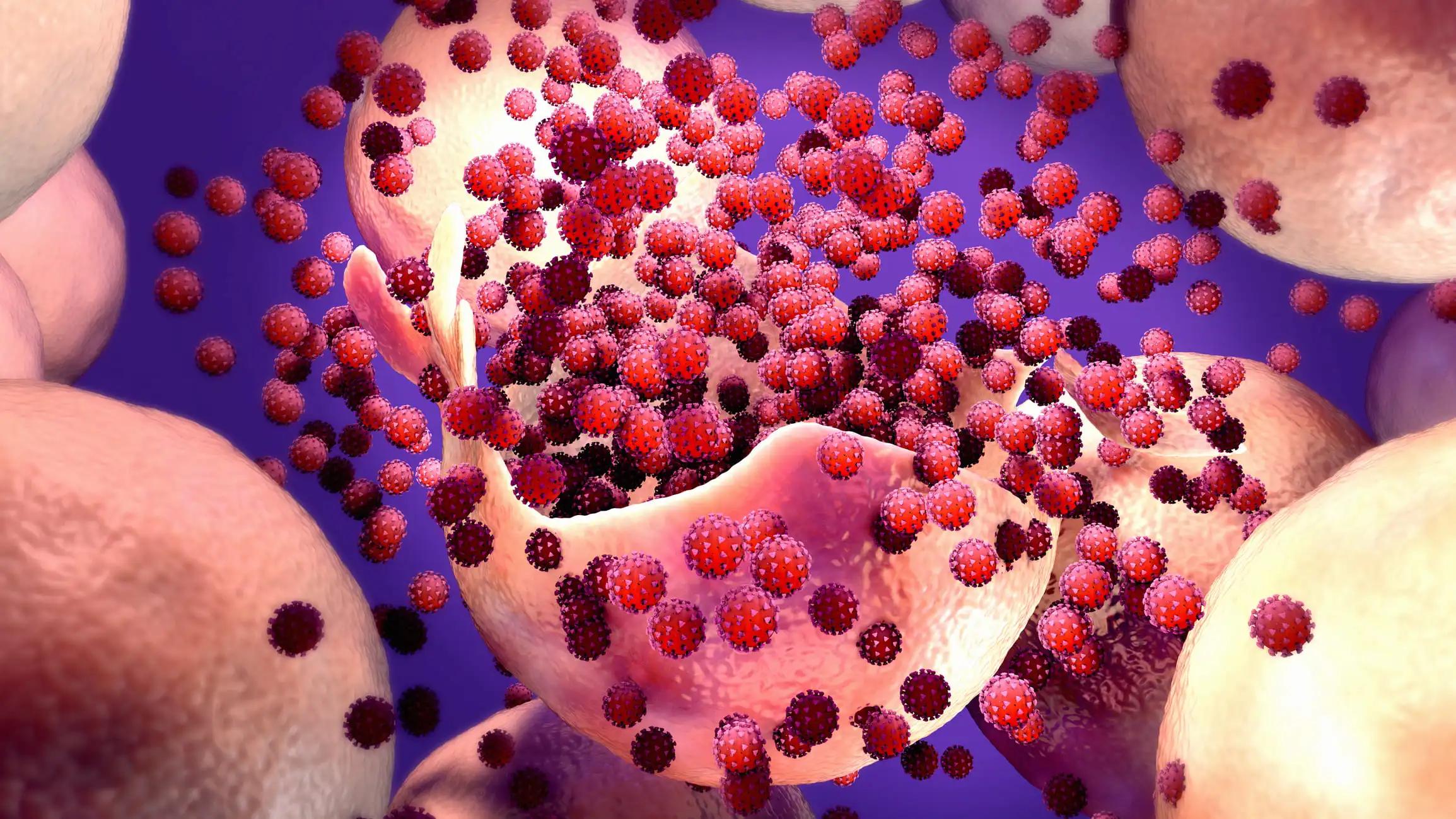KEY TAKEAWAYS
- A phase 2 clinical trial (CA209-9KU) with cabozantinib and nivolumab was conducted in non-clear-cell RCC patients.
- The study’s primary objective was to evaluate the objective response rate (ORR) by RECIST 1.1.
- Cabozantinib was administered at 40 mg daily, and nivolumab was given at 240 mg once every 2 weeks or 480 mg once every 4 weeks.
- Cohort 1 exhibited an ORR of 47.5%; the median progression-free survival was 12.5 months.
- The prevalent genetic variations observed in cohort 1 were NF2 and FH, while TP53 and PTEN were observed in cohort 2. Ten out of twelve patients with either NF2 or FH mutations exhibited objective responses.
- The combination of cabozantinib and nivolumab showed promising effectiveness in most non-clear-cell RCC variants, particularly those with notable papillary characteristics.
The objective was to evaluate the effectiveness and safety of cabozantinib in combination with nivolumab in phase II clinical study involving individuals diagnosed with non-clear-cell renal cell carcinoma (RCC). The individuals in question presented with advanced non-clear-cell renal carcinoma and had received a maximum of one systemic therapy, except prior immune checkpoint inhibitors. The subjects were administered cabozantinib at a dose of 40 mg daily and nivolumab at a frequency of 240 mg once every 2 weeks or 480 mg once every 4 weeks. Cohort 1 has successfully registered patients diagnosed with papillary, unclassified, or translocation-associated renal cell carcinoma. On the other hand, cohort 2 has successfully registered patients diagnosed with chromophobe renal cell carcinoma. The principal objective was determining the objective response rate (ORR) by RECIST 1.1. The secondary endpoints encompass progression-free survival, overall survival, and safety. The correlation between the results obtained from next-generation sequencing and the patient’s response was evaluated.
A cohort of 47 individuals underwent medical intervention with a median follow-up period of 13.1 months. Cohort 1 (n = 40) exhibited an objective response rate of 47.5% (95% CI, 31.5 to 63.9). The median progression-free survival was 12.5 months (95% CI, 6.3 to 16.4), and the median overall survival was 28 months (95% CI, 16.3 to not evaluable). In the second cohort comprising 7 individuals, no observable responses were noted. However, one patient exhibited stable disease for a period exceeding one year. Thirty-two percent of treated patients exhibited Grade 3/4 treatment-related adverse events. Cabozantinib and nivolumab were terminated due to toxicity in 13% and 17% of patients. The prevalent genetic variations observed in cohort 1 encompassed NF2 and FH, while those in cohort 2 comprised TP53 and PTEN. Ten out of twelve patients with either NF2 or FH mutations exhibited objective responses. The combination of Cabozantinib and Nivolumab exhibited encouraging effectiveness in most non-clear-cell Renal Cell Carcinoma (RCC) variations examined in this study, particularly those with notable papillary characteristics. At the same time, therapeutic outcomes were restricted in chromophobe RCC. Further investigation is warranted regarding genomic discoveries in non-clear-cell renal cell carcinoma variants as potential predictors of response.
Source:https://pubmed.ncbi.nlm.nih.gov/35298296/
Clinical Trial:https://clinicaltrials.gov/ct2/show/NCT03635892
Lee CH, Voss MH, Carlo MI, Chen YB, Zucker M, Knezevic A, Lefkowitz RA, Shapnik N, Dadoun C, Reznik E, Shah NJ, Owens CN, McHugh DJ, Aggen DH, Laccetti AL, Kotecha R, Feldman DR, Motzer RJ. Phase II Trial of Cabozantinib Plus Nivolumab in Patients With Non-Clear-Cell Renal Cell Carcinoma and Genomic Correlates. J Clin Oncol. 2022 Jul 20;40(21):2333-2341. doi: 10.1200/JCO.21.01944. Epub 2022 Mar 17. PMID: 35298296; PMCID: PMC9287282.



